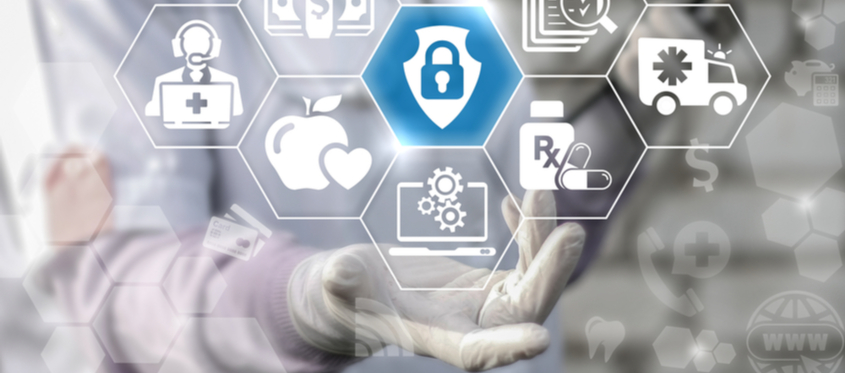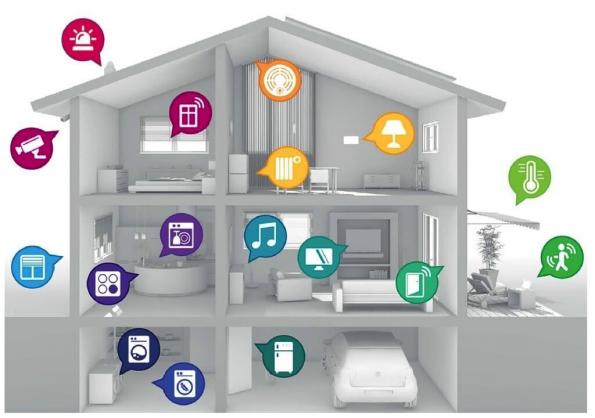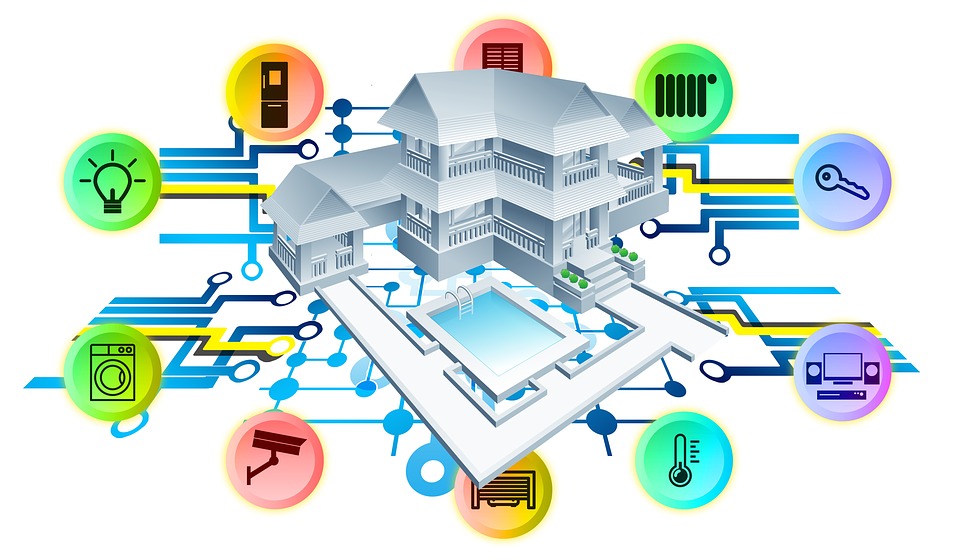The Internet of Things (IoT) is adding connectivity to consumer and business products – enhancing products that pack a more powerful punch.
The ongoing digital disruption in the medical industry is creating exciting new opportunities to deliver next-level personalized health care to patients.
As noted by Rathanesh Ramasundram, principal consultant for transformational health, Asia-Pacific at Frost & Sullivan, while speaking at a recent medical event (Link here):
”Patient-controlled data, generated from mobile apps, wearables, social media platforms and patient portals, is valuable for providers, pharmaceutical companies, and medical device manufacturers that are investing in services-based business models.”
Rapid development of artificial intelligence (AI) research and development also is impacting the medical field. The healthcare industry benefits with custom designed treatment plans, drug modification/discovery, and higher likelihood of early stage clinical trial success.
Don’t Expect a Smooth Ride
Even though connected medical technologies offer great benefits, privacy and security threats lead a growing list of possible concerns and threats. In addition to meeting government compliance (HIPAA or GDPR, for example), there is a significant financial investment that must be made. In addition, training and uncertain return on investment (ROI) cycles add to an already complex industry.
Also keep in mind, legacy medical devices weren’t designed to support any type of Internet connectivity. This creates verification & validation requirements difficult, while the FDA lags behind on creating new laws and guidelines for manufacturers.
The Industrial Internet of Things (IIoT) will only continue to accelerate, so there is no hiding from it. However, new software functionality should be embraced – cautiously – rather than feared.



